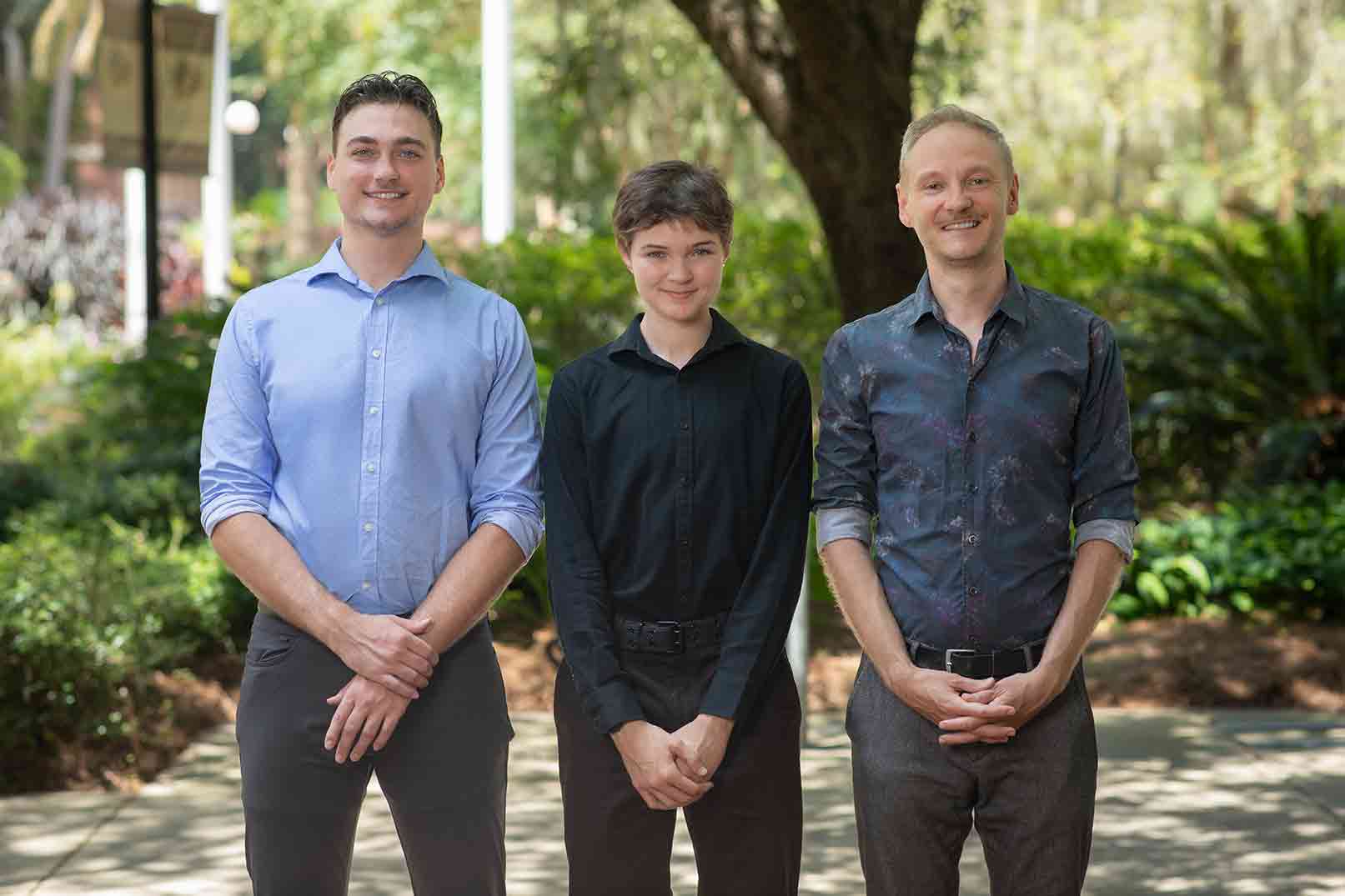2025-08-27 17:27:00
news.fsu.edu
“This research focuses on a central issue in the discourse surrounding AI and language: are these language changes happening because we’re using a tool and repeating what it suggested or is language changing because AI is influencing the human language system?” said assistant professor of computational linguistics and principal investigator Tom Juzek. “By analyzing lexical trends before and after ChatGPT was released in 2022, we found a convergence between human word choices and LLM-associated patterns with AI buzzwords.”
While rapid increases in the use of certain words — like Omicron — do occur, these increases are typically due to real-world events. Recent large-scale upticks in the use of words like “delve” and “intricate” in certain fields, especially education and academic writing, are attributed to the widespread introduction of LLMs with a chat function, like ChatGPT, that overuses those buzzwords.
“The changes we are seeing in spoken language are pretty remarkable, especially when compared to historical trends,” Juzek said. “What stands out is the breadth of change: so many words are showing notable increases over a relatively short period. Given that these are all words typically overused by AI, it seems plausible to conjecture a link.”
Words including “surpass,” “boast,” “meticulous,” “strategically,” and “garner” have also seen considerable increases in usage since the release of ChatGPT. While these words are often used in a formal or academic tone, which makes them less common in unscripted, spoken language, researchers found that nearly three-quarters of these target words showed increased usage with some more than doubling in frequency.

The team, including Bryce Anderson, a rising senior majoring in computer science, and Riley Galpin, a rising junior double-majoring in computer science and pure mathematics, analyzed 22.1 million words from unscripted and spontaneous spoken language including conversational podcasts on science and technology. Post-ChatGPT, researchers noted a measurable increase in the use of AI-associated buzzwords but not their synonymous counterparts. For example, the AI buzzword “underscore” saw considerable increase in usage while its synonym “accentuate” did not. FSU researchers said this suggests we’re not just using AI; AI buzzwords are turning up in how people talk, raising concerns about a possible “seep-in effect.”
“Language is the most powerful medium of communication that humanity has and understanding how AI will affect this medium is fundamentally important and timely,” said Anderson, the paper’s lead author. “My motivation to pursue this research stems from seeing AI push the limits of what’s possible in major industries and realizing that this influence isn’t just limited to tool usage — it can condition societal aspects, including how we use language.”
This research builds upon the group’s previous research into the impact AI has on the domain of written scientific English, which revealed large-scale structural changes AI has had on scientific writing. Galpin presented the research on written language at the 38th International Florida AI Research Society Conference in May, and Anderson will join Juzek in presenting the team’s new research on spoken language at the AIES Conference in October.
“Our research highlights many important ethical questions,” Galpin said. “With the ability of LLMs to influence human language comes larger questions about how model biases and misalignment, or differences in behavior in LLMs, may begin to influence human behaviors.”
This research was conducted as part of FSU’s Undergraduate Research Opportunity Program, which provides high-achieving undergraduates an opportunity to explore their research interests alongside a faculty member.
“I look forward to future research in this area,” Juzek said. “While this is a critical development in understanding AI’s role in language change, a big open question for future work is whether AI is amplifying conventional patterns of language change or directly driving them.”
To learn more about research conducted in the Department of Modern Languages and Linguistics, visit mll.fsu.edu.
Keep your files stored safely and securely with the SanDisk 2TB Extreme Portable SSD. With over 69,505 ratings and an impressive 4.6 out of 5 stars, this product has been purchased over 8K+ times in the past month. At only $129.99, this Amazon’s Choice product is a must-have for secure file storage.
Help keep private content private with the included password protection featuring 256-bit AES hardware encryption. Order now for just $129.99 on Amazon!
Help Power Techcratic’s Future – Scan To Support
If Techcratic’s content and insights have helped you, consider giving back by supporting the platform with crypto. Every contribution makes a difference, whether it’s for high-quality content, server maintenance, or future updates. Techcratic is constantly evolving, and your support helps drive that progress.
As a solo operator who wears all the hats, creating content, managing the tech, and running the site, your support allows me to stay focused on delivering valuable resources. Your support keeps everything running smoothly and enables me to continue creating the content you love. I’m deeply grateful for your support, it truly means the world to me! Thank you!
|
BITCOIN
bc1qlszw7elx2qahjwvaryh0tkgg8y68enw30gpvge Scan the QR code with your crypto wallet app |
|
DOGECOIN
D64GwvvYQxFXYyan3oQCrmWfidf6T3JpBA Scan the QR code with your crypto wallet app |
|
ETHEREUM
0xe9BC980DF3d985730dA827996B43E4A62CCBAA7a Scan the QR code with your crypto wallet app |
Please read the Privacy and Security Disclaimer on how Techcratic handles your support.
Disclaimer: As an Amazon Associate, Techcratic may earn from qualifying purchases.





















































![SABRENT [3-Pack 22AWG Premium 6ft USB-C to USB A 3.0 Sync and Charge Cables [Black]…](https://techcratic.com/wp-content/uploads/2025/08/81SQ13LNwfL._SL1500_-360x180.jpg)

















































